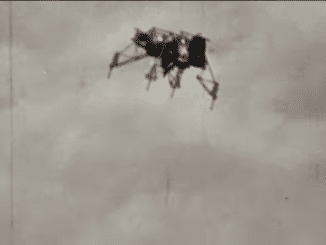
Recent scientific studies reveal that we might know we’re dead after we die. Our consciousness and awareness linger on after our heart stops pumping blood to our brains. The implications of such a finding are not only shocking but re-define consciousness in a philosophical way – and death in a medical and scientific sense. The findings come on the heels of scientific studies that followed patients who were resuscitated after their hearts stopped pumping and were considered clinically deceased. The patients were able to recall the specific actions of doctors and nurses bringing them back to life.
The idea that we are aware of our own passing after it happens can be unsettling for many. It’s like being trapped in a coffin while you’re still alive. Our other functions stop, and our brains can no longer voluntarily control our actions. Nonetheless, perhaps one of the most defining characteristics of being alive still lingers – and that’s our ability to perceive our being. Only, we actually perceive the onset of our non-being because the brain still works after our bodies have gone. It’s a lot to think about, isn’t it?
The Great Debate Around Near-Death Experiences

The experience of being close to passing but being brought back to life has caused much debate in recent science. Many people who have experienced such a moment have described not only a transcendental sensation of floating and a reunion with deceased family but also a degree of cognitive awareness. Science has traditionally explained this near-death phenomenon as a physical experience that coincides with a brain that’s fading. It’s the neurochemical response to a brain deprived of blood and oxygen.
Nonetheless, science has continued to dig for better answers, as countless numbers of these experiences seem remarkably similar.


